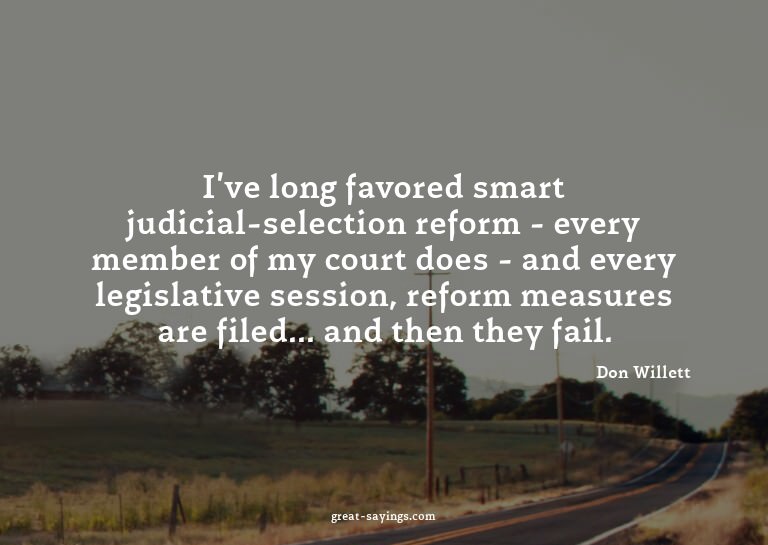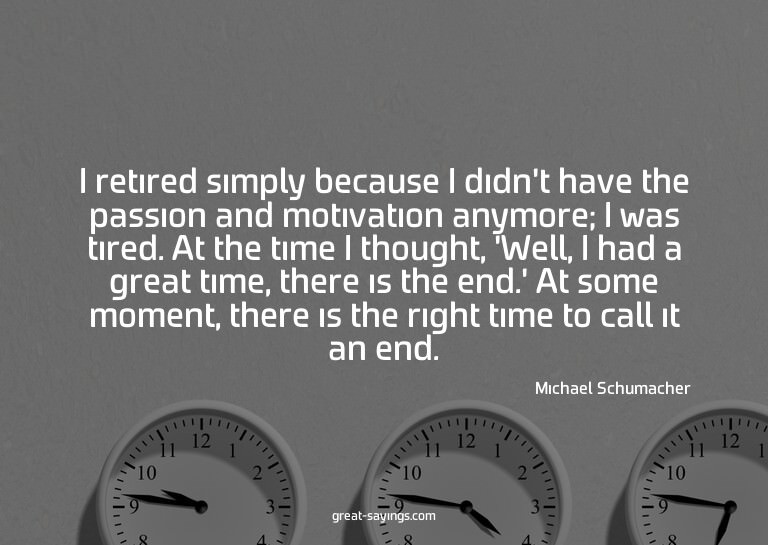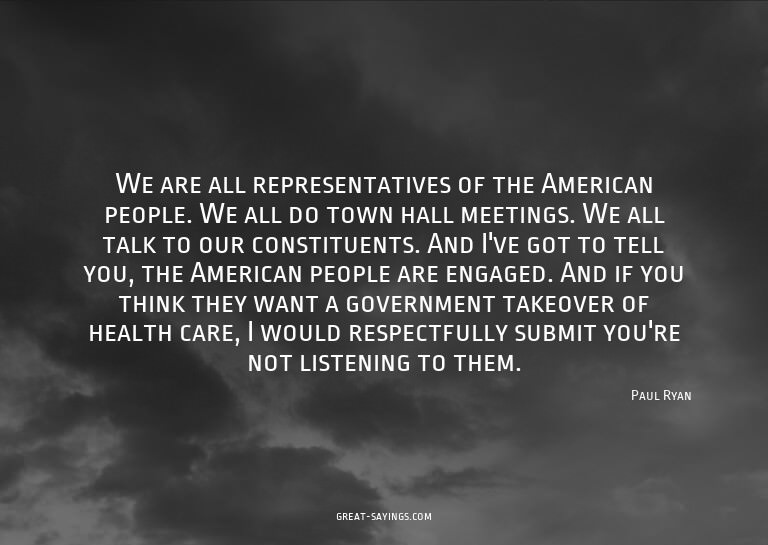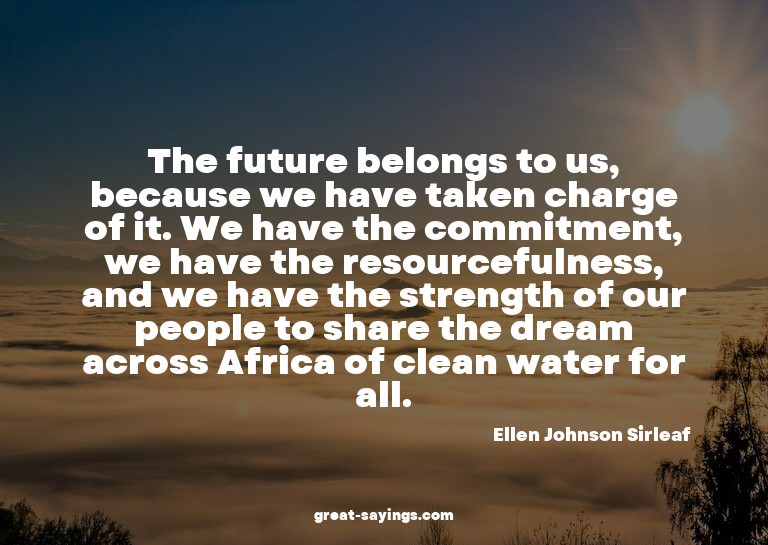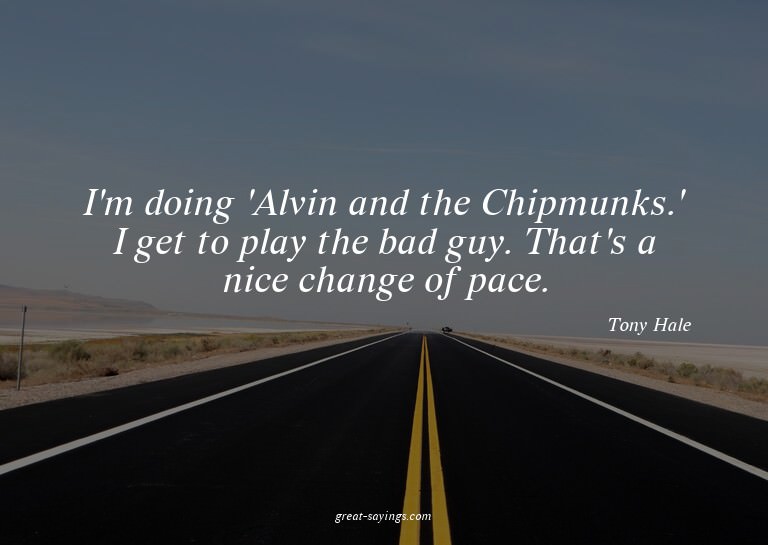Words matter. These are the best Andy Jassy Quotes, and they’re great for sharing with your friends.

Tennis is very much a meritocracy. There’s no favoritism, there’s no politics. You either win or lose based on how you perform in the moment.
We don’t think of HQ1 being Seattle any longer. We really think of it as Puget Sound.
In the early 2000s, we were finding at Amazon that software development projects were taking us longer than we thought they should. We decided to build a set of infrastructure services to allow our retail business to move more quickly.
At Amazon, we are very careful about what big strategic bets we place, but the ones we make, we keep iterating until we find something that we think has resonance with customers.
Customers or employees are free to shoot me email. I may not respond to every single one because sometimes the numbers are voluminous, but I read them all.
You can’t just go careening toward your idea without checking in with customers and people who might use it and making sure you’re on to something.
Companies usually are not able to provision accurately the amount of data center capacity that they require, and this problem recurs when they create their own internal cloud infrastructure.
Invention requires two things: One, the ability to try a lot of experiments, and two, not having to live with the collateral damage of failed experiments.
You have to challenge people, often people who know a lot more about a subject than you do.
If you know anything about what a lot of the senior leaders at Amazon do in their free time, they spend a lot of time on civil liberties. It’s something that’s very important to me and I think a lot of my peers.
Simply because Amazon decides to pursue a market segment doesn’t mean the customers are going to spend their money there, and so it means that we have to do an amazing job in providing a great customer experience that customers want.
I think it’s scary for consumer confidence and for confidence in U.S. businesses and potential credit ratings if we don’t make sure that we raise that debt ceiling.
Our leadership principles often have tension in them. And I think that’s actually a good thing and it makes sense.
I think at the end of the day with any technology, whether you’re talking about facial recognition technology or anything else, the people that use the technology have to be responsible for it, and if they use it irresponsibly, they have to be held accountable.
What I did know from having started businesses before Amazon, as well as from my time at Amazon, was that when you are trying to do something new, it’s really a waste of energy to spend a lot of cycles wondering whether it’s going to be a success or not.
I’ve been at Amazon for almost 20 years at this point, so I’ve obviously drunk the Kool-Aid.
We have a large number of people working in AI. If you look around homes and the workplace, there are all these sensors in many devices. This is what people commonly call the Internet of Things.
It’s like a kid opening gifts on Christmas. The people who come to re:Invent are really excited about what the cloud is letting them do.
People ask us a lot about the notion of spinning AWS off. We have no plans to do so. I will never say never, but there’s no compelling reason. Amazon has been so generous and gracious in aggressively funding AWS that there’s no reason to do it.
Tennis was a particularly interesting growing-up experience. It’s actually a difficult way of growing up because it’s such an individual sport. It taught me a lot of life lessons that have been helpful later in my life.
Some businesses take off in the first year, and others take many years.
We always had a lot of optimism for this game, New World.’ Customers really liked it; it tested really well.
You know, Amazon as a whole has become – has been successful, and across a few different business segments, but simply because the company’s been successful, in a few different business segments, doesn’t mean it’s somehow too big.
It’s incredible how passionate people are about having the tools to control their own destiny.
A lot of competitors of various Amazon businesses use AWS. We don’t view that as a problem. We very consciously want any company, competitor or not, to use our infrastructure to build their business.
We feel like we experienced probably two to three years of growth in 18 months. You couldn’t probably responsibly plan for a pandemic or the amount of capacity that’s needed.
The company has been clear from the start that we try to serve customers long-term, and long-term investors are going to be more excited about Amazon than short-term investors.
I think a lot of societal good is already being done with facial recognition technology.
Most meetings largely take place in one physical location, and then people plug in remotely. But they are a little bit off to the side; they can’t participate in the meeting as fully as you like.
A lot of times in intense moments, you tend to play conservatively because you’re just trying to avoid losing, as opposed to trying to win.
I mean it’s easy to have a website. It’s inexpensive to do so, and most of the small businesses have that, but to get access to hundreds of millions of customers is hard.
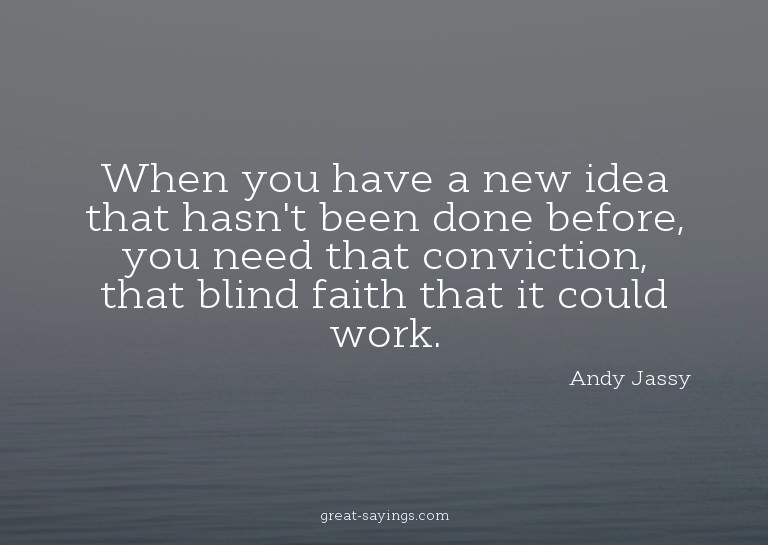
When you have a new idea that hasn’t been done before, you need that conviction, that blind faith that it could work.
Tennis taught me what happens when you really work on something, and what happens when you don’t.
I think that always our focus is gonna be the customers.
What’s different is with every successive year, as we launch a thousand plus features and services, we just have the capabilities to make it easier for the rest of the market to use us.
There is insatiable demand for AWS cloud services.
In the case of games, we have a belief that that could end up being the largest category in entertainment over a long period of time. Just look at what’s happening in games and how social they’ve become.
These are serious problems in all of our major cities: homelessness, education, there are are a number of them. And they require hard thinking and innovative solutions. But I think cities are so better off working with the business community towards joint solutions, rather than trying to tax them.
In our business, you have to be able to have access to capital.
You have to know what competitors are doing in your space.
I remember in 2007, 2008, when we had the recession, there were all of these very gloomy emails sent from a lot of venture capitalists, saying, Don’t expect to get funded.’
You have to have the courage to pull the company up and force them to change and move.
When you look at whether a company is a monopoly or not, the first thing you look at is what kind of market segment share they have.
You have to know what your customers think about your product and where you sit, relatively speaking. You have to know what’s working and what’s not working.
A lot of companies really will only pursue businesses that are adjacent or look like an extension of their current business – which by the way is a completely rational strategy.
It’s not a surprise to us that every large technology company is trying to build an offering like AWS’ because it’s such a good value proposition for customers.
There is no compression algorithm for experience.
Customers will always be nervous about lock-in, and I think the experience they had particularly with a company like Oracle, where it’s a really hard thing to get out of, and they’re so hostile to their customers, that I think it’s a concern for every enterprise.
It’s easy to play it safe, but the reality is that if you want to keep changing the world for customers, which we all want to do, you have to make bets and you have to be willing to fail.
We’re talking about the national security of our country and modernizing their technology platforms and the foundation on which all those applications are going to be used to protect our country. You have to make sure these decisions are made truly objectively.
If something is going to happen, whether you want it to happen or not, it is going to happen. And you are much better off cannibalizing yourself, or being ahead of whatever direction the world is headed than you are howling at the wind or wishing it away or trying to put up blockers.
Being successful right away is obviously less stressful, but when it takes longer, it’s often sweeter.
I think that there are a number of older-guard technology companies who either genuinely believe or are hoping people will believe that companies aren’t going to move to the cloud that quickly or that a very large amount of workloads will remain on-premises forever. I don’t believe that.
At Amazon, with new initiatives, we don’t look at something and say, ‘Okay, it needs to hit this certain metric.’ Because it’s impossible to know whether somebody’s going to respond to something really new and innovative.
We’d realized in the first ten years we’d built an infrastructure competence deep in the stack – reliable, scalable cost effective data centers to grow the Amazon retail biz the way we needed to. But we’d built Amazon so quickly that a number of the pieces of the platform had become entangled.



